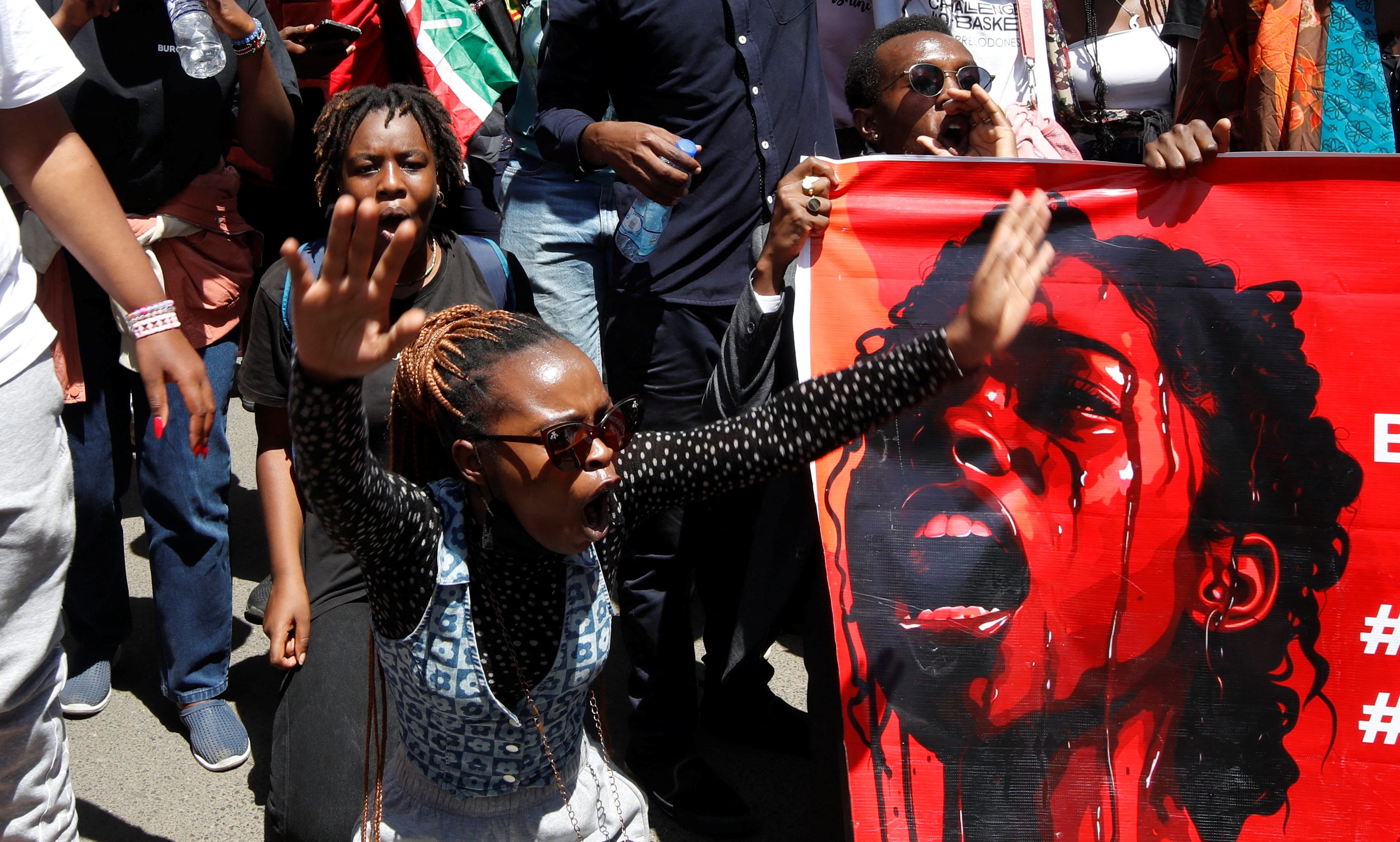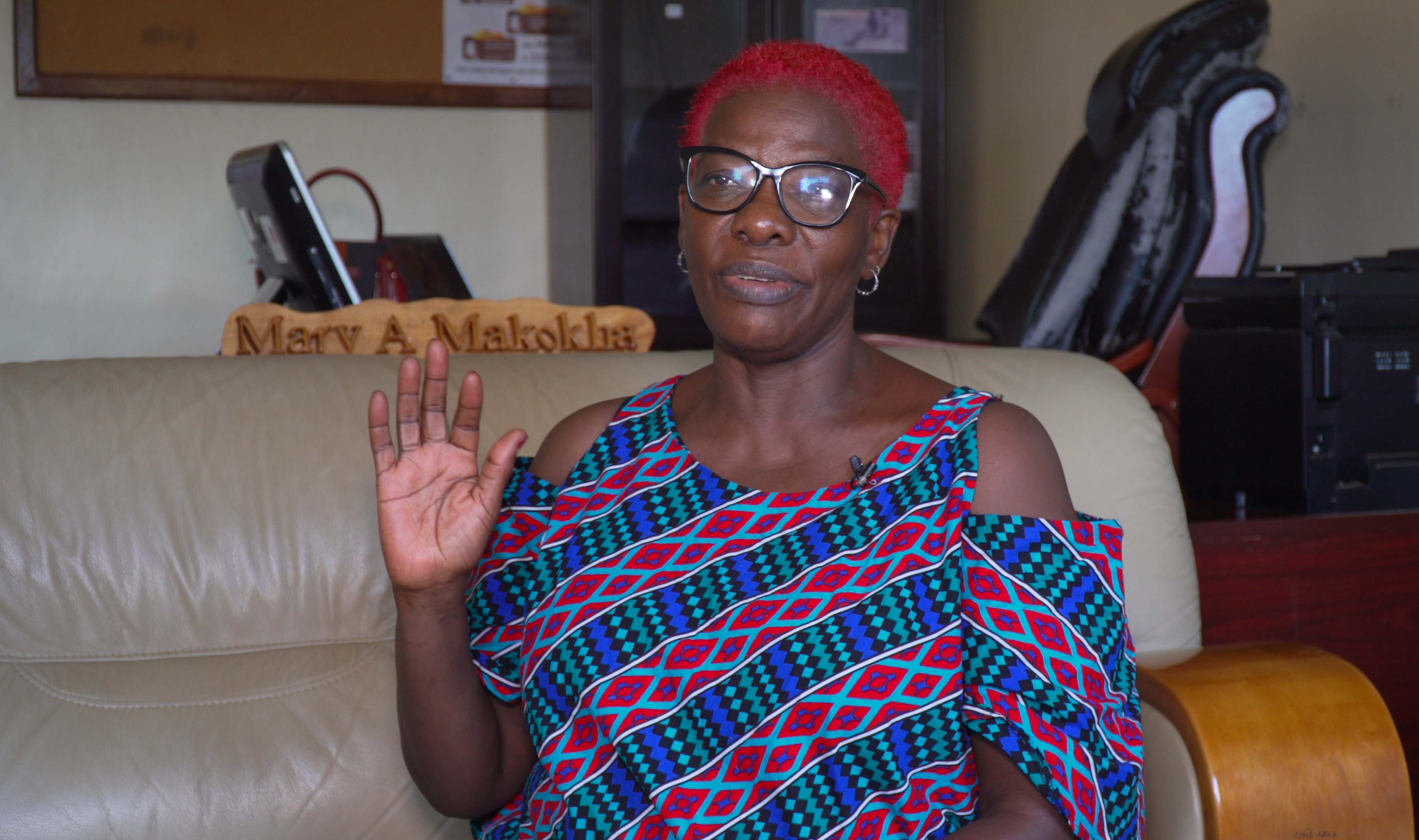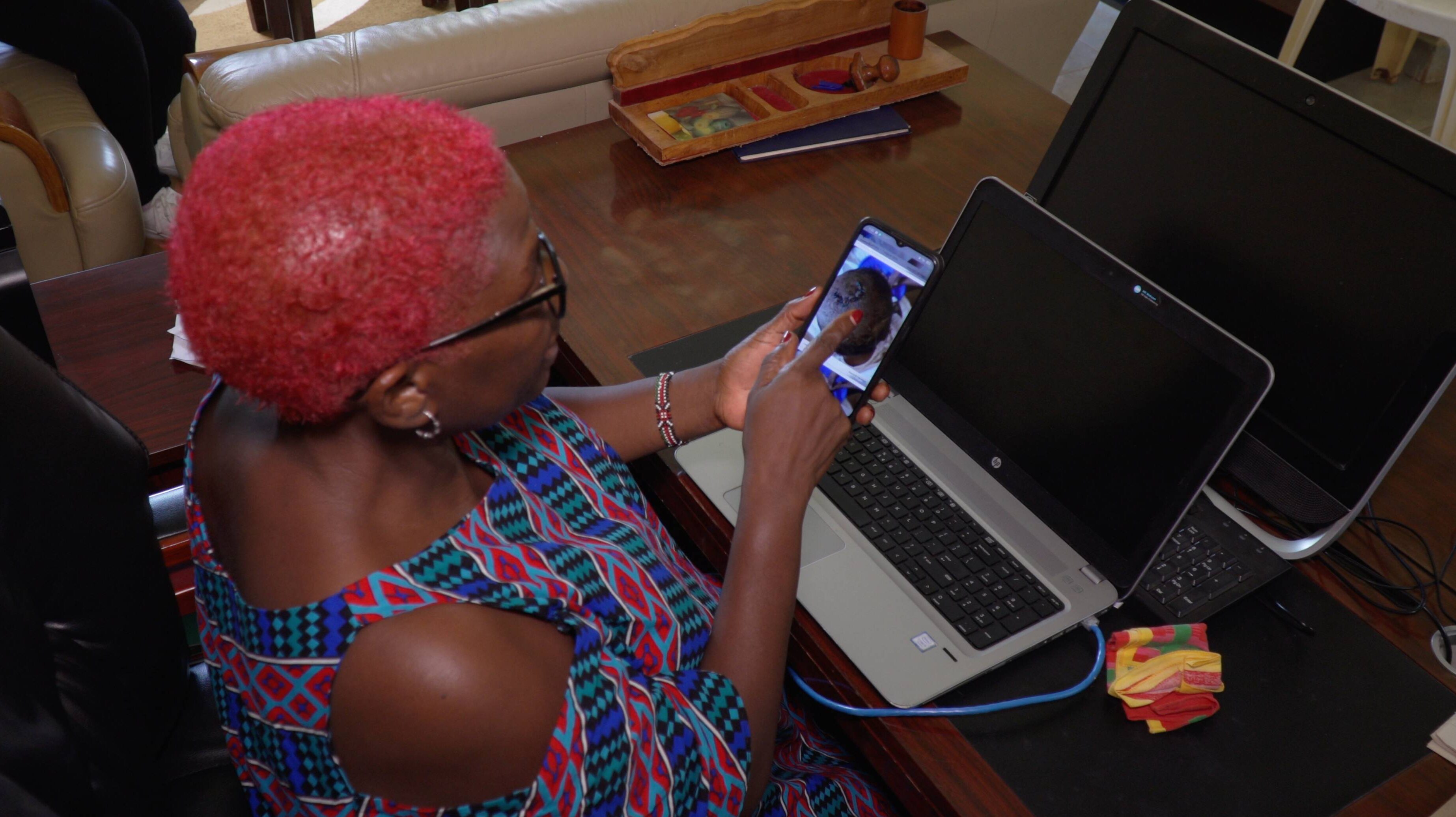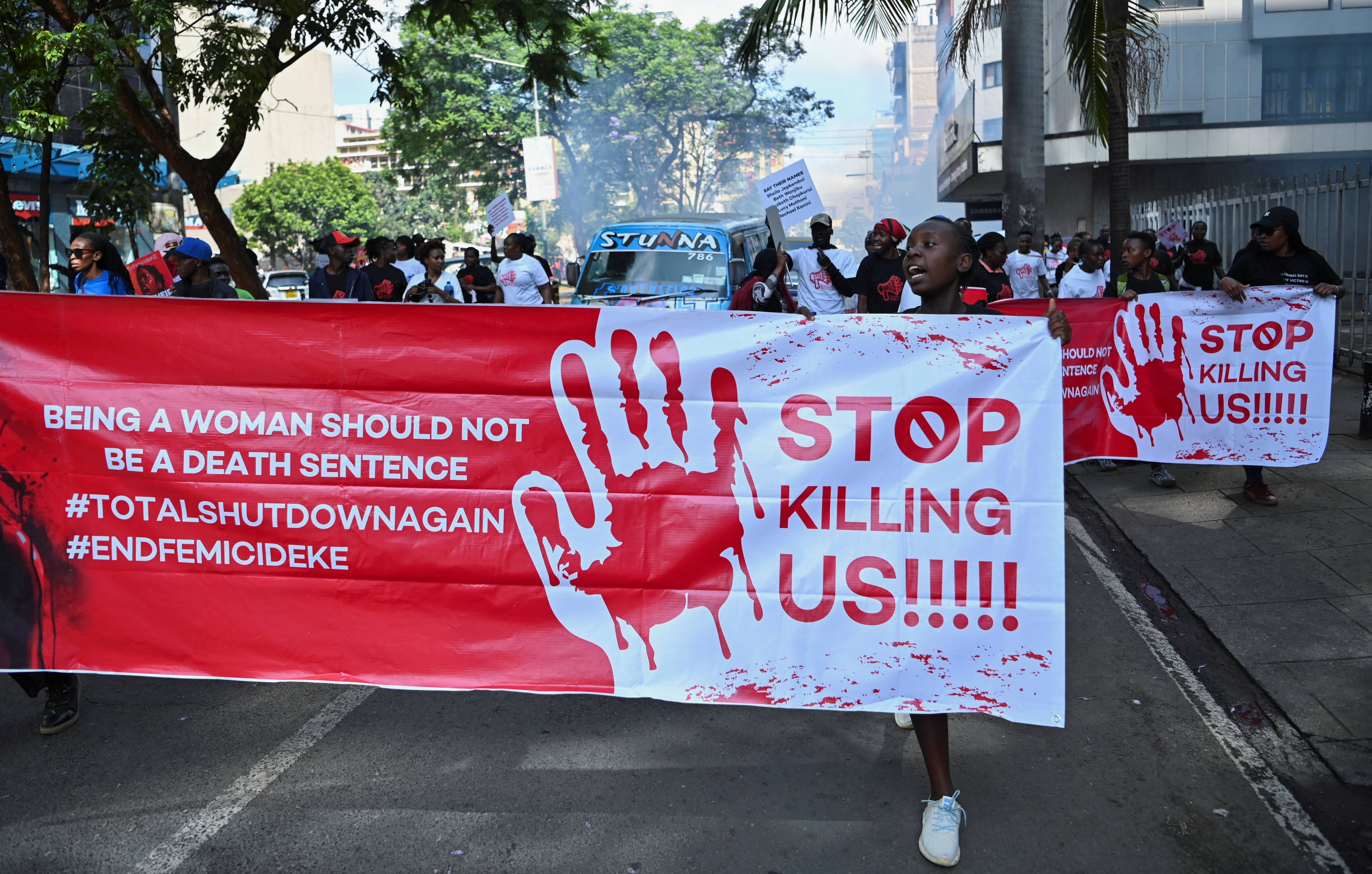
Silence and retrogressive culture: Femicide in Busia, Kenya
From mutilated bodies of women discovered in Nairobi dumpsites to viral anti-feminist campaigns on social media and a presidential decree, Kenya has, between 2024 and 2025, been grappling with a surge in femicide cases.
The latest police data shows the scale of the crisis. In between August and September 2024 alone, 97 women were murdered. According to the Africa Data Hub, the trend has been worsening for years; 75 women were killed in 2023, 46 in 2022, 70 in 2021, 60 in 2020, and 79 in 2019. While a lot has been blamed for the persistence of this problem, in rural western Kenya, retrogressive cultural beliefs are being blamed for femicide.
According to anti-femicide activist Mary Makokha, this problem has plagued pockets of Busia County for decades.
Mary Makokha, a voice against femicide in Busia County

When Mary Makokha walks into her office, the atmosphere shifts. Dressed in a bright Ankara dress, her hair buzzed short and dyed pink, she gleefully greets visitors.
Her outward demeanor is a far cry from the scourge she has to contend with in her line of work, femicide and gender-based violence.
As the founder of the Rural Education and Economic Enhancement Programme, Mary has a front row seat to the impact of deeply rooted patriarchy and silence, enabling violence against women.
“We started in 1997, dealing mainly with HIV cases,” she recalls. “But soon we realized widows, children, and girls were being left vulnerable to abuse, sodomy, murder, and femicide. The violence never ended, it just changed form.”
Many of the cases she takes on are bone-chilling. Mutilations and killings are consistent results.
She recounts stories of an eight-year-old disabled girl abducted, raped, and beheaded; widows killed by relatives eager to seize land; women murdered by estranged husbands as revenge; and other women raped and silenced permanently by perpetrators fearful of exposure.
“From childhood, girls are told to ‘vumilia‘ (Swahili for persevere) to tolerate abuse as part of marriage. That culture places women in an inferior position, where violence is normalized and femicide becomes the tragic outcome in many cases,” Makokha says.
Voices of gender-based violence in Busia, Kenya
At 85 years old, Lianna (not her real name) had never heard of the phrase “gender-based violence,” let alone thought she would be a victim.
“My husband had never abused me in any way – he was a very calm person. We lived in peace until he passed away. One Saturday night in December 2020, at around 11:00 pm, I heard some movements around my house. No sooner had I heard the movements than a man pushed the door open,” she said.
She says she was filled with shame and would not leave her bed the next day.
Lianna says that had a friend not found her stuck in bed ruminating over the violating ordeal, she probably would not have said a word about it. It pained her that the man who violated her was 32 years old, old enough to be her grandchild.
“The following day, I stayed in bed due to the embarrassment and the pain that I was going through. I could not wake up. My neighbor noticed that I had not come out of the house and came to check on me. I was then taken to the hospital and helped report the case.”
Incentivized violence against women

In Busia County, femicide is not only driven by patriarchy but also by silence within families. Violence is often hidden or reduced to transactional customs.
“In the beginning, fathers would come to our office, not to complain about their daughters having been brutalized, but about not receiving the customary cow,” Makokha explains. “When a man beats his wife, culturally, he has given a cow as appeasement to his father-in-law.”
The expectation of a cow offering if one’s daughter is brutalized has done little to motivate fathers to adequately intervene.
Makokha says mothers-in-law are also complicit, siding with abusive sons over their daughters-in-law.
“When these cases make it to court, we find that victims are pressured by perpetrators and family members to withdraw said cases.”
One such victim had her hand chopped off by her husband. Makokha says in court, the victim held up her remaining thumb and pleaded for the case to be dropped. Later, it emerged that her own relatives had forced her to “forgive” him.
The stigma of leaving an abusive marriage also weighs heavily on victims of abuse. Some women believe that walking away is worse than staying in violence. Working-class women who are fully aware of their rights, Makokha says, are not immune; they often hide abuse to maintain an image of stability.
“I struck up a conversation with a group of women at a local hospital where I had taken yet another victim to get treated. I was urging them not to persevere through blows from spouses in the name of culture because they end up killing you.”

According to Makokha, “End Femicide Kenya” protests have mobilized thousands of people onto the streets, with civil society groups calling for reforms, stronger protections for victims, and greater accountability from the justice system. However, the cultural aspects of the problem in places like Busia have had women in a chokehold for years. Makokha says that must not be ignored any longer.






